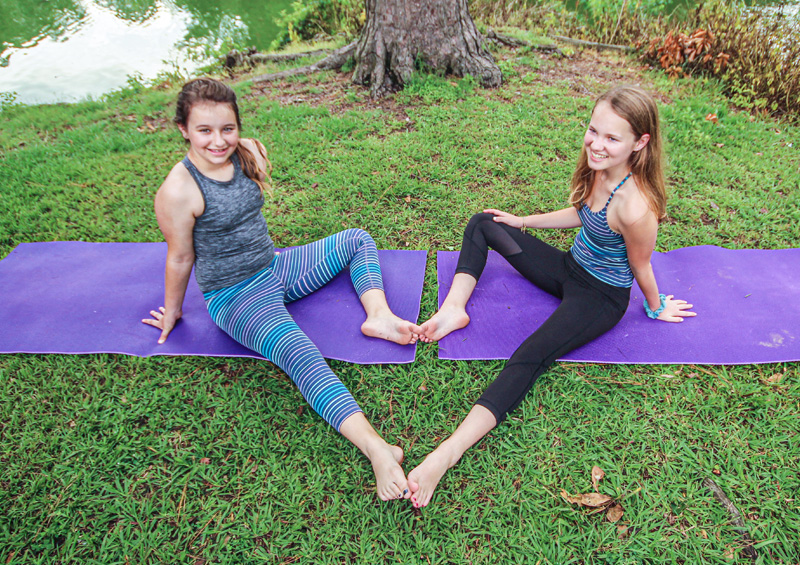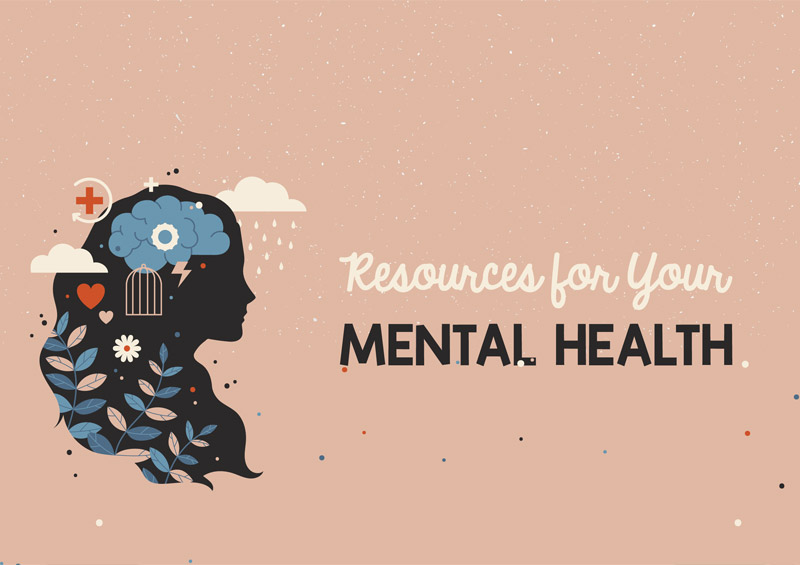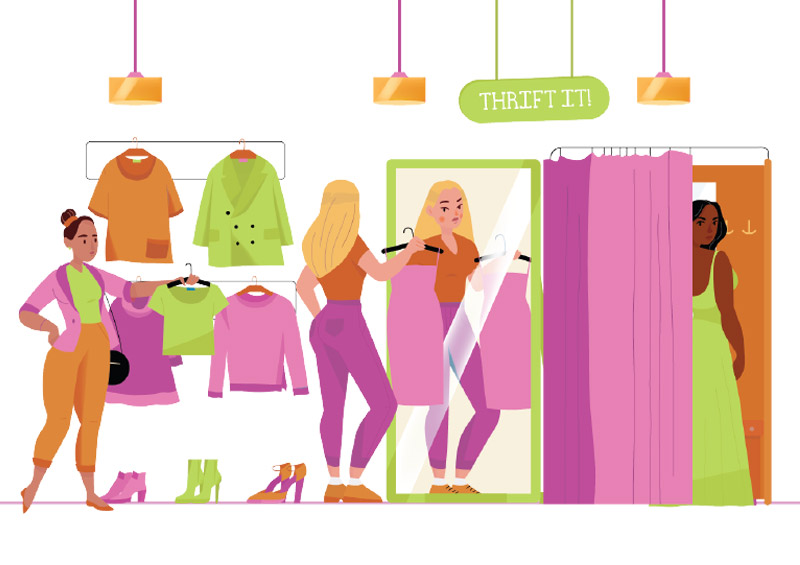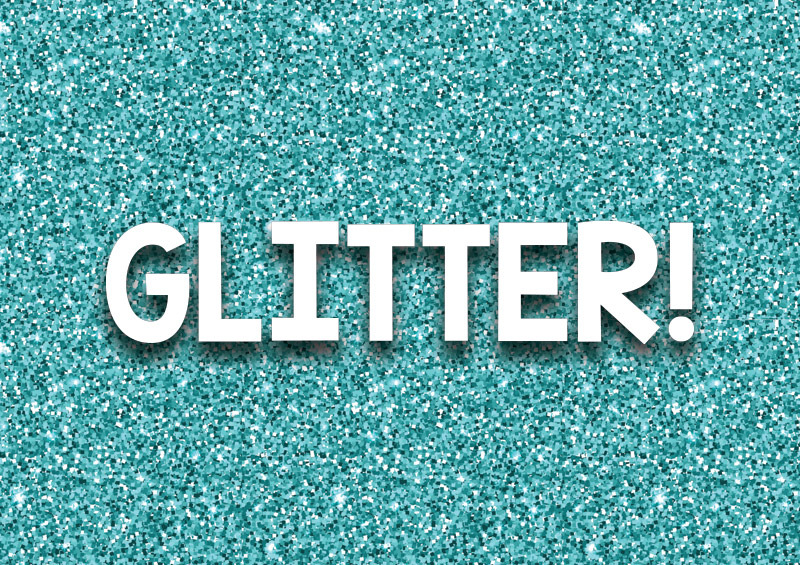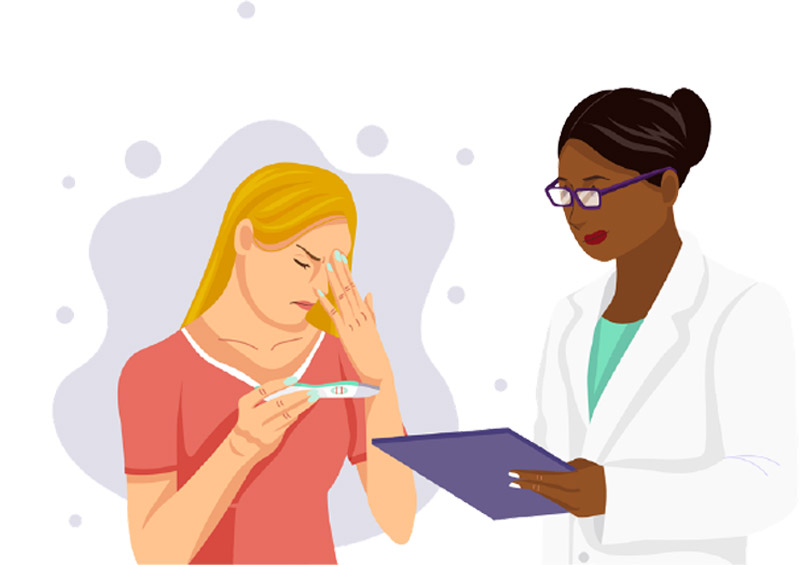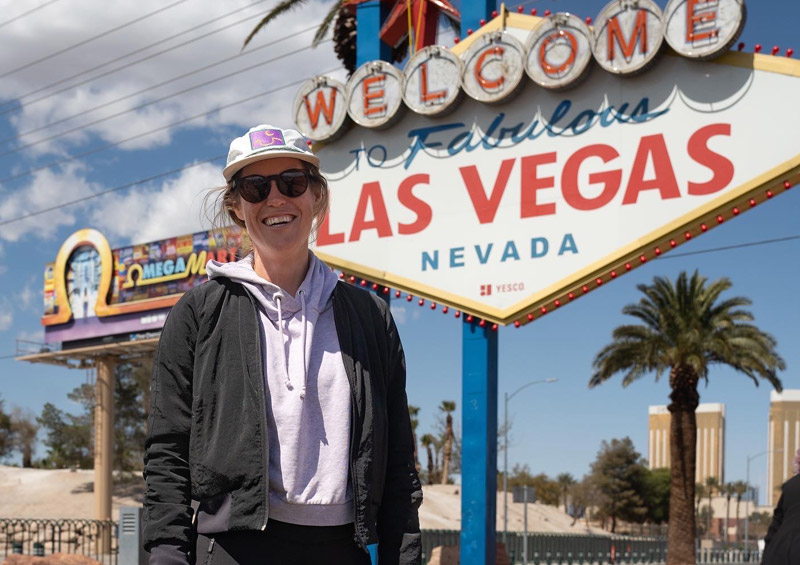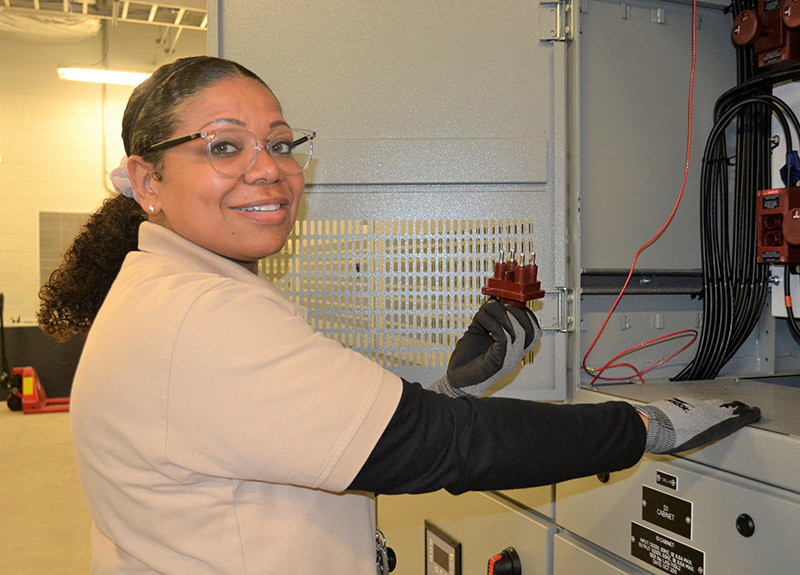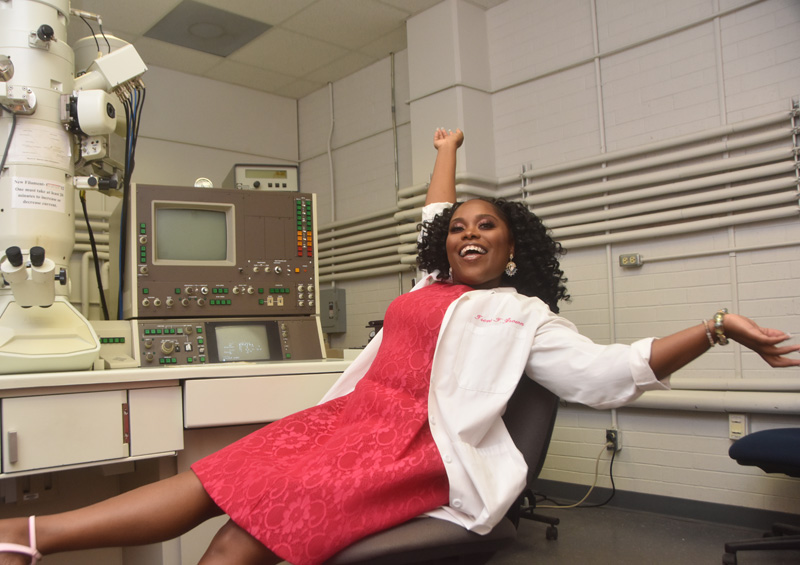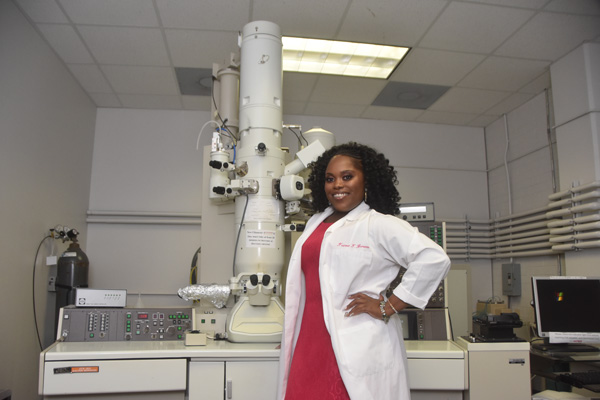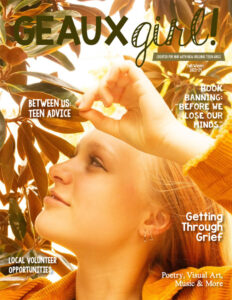Typical workday:
In pre-Covid days, a typical eight-hour workday for me began with coffee or tea while checking e-mails and greeting my colleagues passing my office. From there, I would go into the lab and work on various projects, primarily using my scanning electron microscope (SEM) to look at biological and metal samples. If I was not in the lab performing physical research, I would be in my office writing and/or reviewing scientific papers, updating my laboratory notebook, or reviewing data from lab experiments. Days were never the same as science changes often.
Currently, I am working from my home office, which is a complete change from my normal daily endeavors. Now, after having my morning coffee or tea and checking my e-mails, I read, A LOT! I read various scientific research journals, and I still write for potential publications. I have also done a lot of virtual outreach seminars for K-12 schools as well as colleges and universities, which are super fun! Another new norm is virtual conferences, and I have been a part of the planning processes for two such conferences thus far. So overall, my days during Covid consist of a lot of computer time. I’m counting down the days until I can get back into the lab to continue discovering new and exciting things.
What did you want to be growing up?
I actually did not know what I wanted to be. In fact, I did not even know what I wanted to major in once it was time for me to begin thinking about college. However, it was in my junior year of high school when my physics teacher, Mrs. Cao, told me about Science, Technology, Engineering and Mathematics (STEM) disciplines and the opportunities that were available for me, especially being a female of color.
How did you end up in the job you have now?
I ended up in the field of chemistry after thinking about how inquisitive I was about how things were made when I was a little girl. I researched the different fields of STEM and weeded out different areas based on my likes and dislikes (for example, I hated dissecting any kind of living organisms in my high school biology class, so I knew biology was not for me!). What I liked about chemistry was that it seemed to be a field in which my curiosity and imagination could run wild. I always like to say that I chose chemistry without really knowing what I was getting into, but chemistry ended up loving me back. The field exposed me to countless opportunities that I would have never dreamed of.
I came to the U.S. Naval Research Laboratory after scientists there reached out to my research graduate advisor at the University of New Orleans seeking someone who was good with microscopes (my research in graduate school relied heavily on the use of different types of microscopes to see samples down to the size of one strand of hair). My advisor helped me prepare a talk for the scientists, and afterwards, I was offered the opportunity to visit NASA Stennis Space Center for a walkthrough of the labs and to speak with other scientists. A few months later, I received an email offering me the job as a physical scientist and it has been an amazing experience since then.
What experiences prepared you for your job?
My upbringing, mentorship, research experience, and guidance from those who believed in me and my abilities. My parents were always wonderful examples of how a person should go about endeavors in life—smiling even if your day is not going so great, saying please and thank you, respecting everyone regardless of who they are, and giving to those less fortunate. Today, those simple little things have allowed me to meet awesome people who have become my mentors and cheerleaders.
Without my professional mentors’ help, I would have been lost while trying to navigate my way, and now, my mentors help me make strategic moves to set me up for long-term career success. While at LSU, I had the fantastic privilege of participating in undergraduate research under the mentorship of an amazing female research professor, Dr. Jayne Garno. She, along with her graduate students, helped me with my chemistry studies and encouraged me to go for different research opportunities that took me out of my comfort zone.
What is most challenging about your job?
I have to be self-motivated to think of “new” research areas to study, and my writing projects can be challenging too. Writing has never been my favorite thing to do, but I know it is a part of my job, so A LOT of self-motivation goes into my writing duties.
What do you enjoy most about your job?
I LOVE looking at samples under different microscopes. It is amazing how much detail you can see on the surfaces of paints, metals, fungi, and even bugs! The world of microscopy in itself is very exciting to me, and I am elated to be able to use microscopy as part of my job.
What qualifications and skills are required for your job?
For my particular job, a Bachelor of Science degree and a Doctor of Philosophy in chemistry or related applied science fields are a must. Required skills are: a working knowledge of microscopy, analytical techniques, basic science laboratory skills, technical writing and communication skills, and the ability to gather, read and understand any data generated.
What qualifications and skills aren’t required but a plus?
Research experience in inorganic chemistry and environmental science are great pluses.
As a woman of color in the STEM world, you have had to overcome racial and gender biases.
What kept you pushing forward?
The support of my parents, my mentors, and my surrounding communities have kept me pushing forward. They have constantly reminded me that I did not make it this far to quit and shown me the profound impact I have on younger generations. The representation that I am to the younger generation, especially women and girls of color, fuels my eagerness to push forward daily.
What makes STEM exciting for you?
I’m a person who loves positive change, and in the world of STEM, various areas of study are constantly changing and/or evolving, which keeps me on my scientific toes. There is never a dull day in the world of STEM. Moreover, when it comes to microscopy, generating beautiful micrographs (images of the samples I study under the microscope) constantly makes my scientific discoveries exciting.
Any myths about STEM you want to dispel?
That scientists are “old white men that look like Albert Einstein”! Let me tell you, we all do NOT follow that stereotype. Some of us, like myself, are youthful, vibrant, natural-hair-rocking science fashionistas. Another myth I’d like to debunk is the common tale that “science is boring.” Science, like many other things, is what you make it to be. I personally like to make science fun by relating what I do to fun science demonstrations and doing research to fun, upbeat songs—because you can totally rock out and have fun while doing research. It actually makes the data you generate from your work much better (in my opinion)!
Any advice for aspiring female scientists? Anything they should—or shouldn’t—do to make their dream a reality?
To my aspiring female scientists, NEVER let anyone tell you what you cannot do or limit you on what you can do. There is ALWAYS a way to realize the dreams and goals you set for yourself. You may have to take a detour or follow unconventional paths to get to your dreams, but believe me, YOU CAN DO IT! I’m a living testament that no matter life’s roadblocks, there is ALWAYS a mentor or opportunity that allows you to reach your dreams. So continue to blaze the paths of the unknown no matter how uncomfortable or scared you may be, and continue to shatter glass ceilings as you go through your scientific career.
Any words of wisdom for girls who don’t know yet what they want to be?
To the young girl who was just like me growing up, not having a clue as to what she wants to be: listen to those you admire around you, such as your parents, teachers, older siblings, etc. Listen to the advice they give you and what they tell you about different careers. Do research on those careers and go through your own process of elimination to determine what you like and don’t like. If that does not seem to help, look into the “mirror” that others are holding in front of you. Try to bring that “hazy image” you see into clear focus by reaching out to persons like myself and others highlighted in this magazine, as well as mentors in your daily life. We are here to help you navigate the best path that YOU see for yourself. Just remember, YOU CAN DO ANYTHING you set your mind to.




